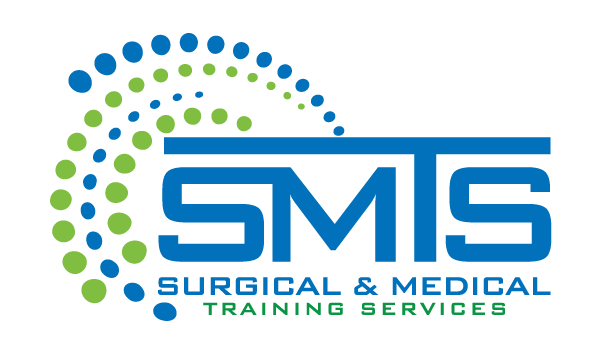Shortly after the New Year, it was revealed that COVID deaths in the U.S. had topped 400,000. This pandemic that caused so much chaos in 2020 is, hopefully, nearing its end as vaccines continue to roll out. Regardless of the ray of hope that guides us, we cannot deny that the novel coronavirus has left its mark on society in more ways than one. Here, we discuss three ways in which COVID-19 may have changed medicine for good (and for the better.)
THE ACCELERATION OF TELEMEDICINE
The concept of telehealth has existed for years and health care providers have been steadily inching toward the provision of more virtual services for their patients. In 2020, telemedicine became such an urgent necessity that the inching we’d been doing turned into leaps and bounds. Several leaders in the medical field have agreed that this revolution has accelerated by a decade, if not more. Before the pandemic became a serious threat to society, the assumption was that patients’ needs could not be adequately met without in-person contact. We have come to see this is not true in every situation. A patient with a quick question may be helped quickly and easily without having to enter the office. This acceleration in telemedicine has expanded from routine primary care questions to dermatology, podiatry, and even addiction medicine services thanks to the availability of video conferencing.
THE STARK AWARENESS OF RACIAL DISPARITIES IN MEDICINE
A large aspect of this past year has been coming face-to-face with history in a way many were not prepared. In the field of medicine, it became undeniably apparent that black Americans were dying at a much higher rate than their white counterparts. In Chicago alone, black Americans constitute just one-third of the population. However, they accounted for two-thirds of deaths. In Wisconsin, where black people represent 6% of the population, they accounted for nearly 50% of the deaths in that state. These rates are staggeringly disproportionate and too immediate to ignore.
Georges Benjamin, executive director for the American Public Health Association, stated in an interview, “We need a plan now to make sure that those existing disparities are not exacerbated by inadequate access to treatment or access to vaccines. We have to pay attention to that now, and make sure we plan.”
SUPPORT STAFF TO PLAY MORE STARRING ROLES
The response that the novel coronavirus demanded shed light on the immense pressure faced by physician assistants, nurse practitioners, and nurses, especially those who work in hospitals. The field has seen that clinical support staff is not only vital to a thriving medical system but also that these providers have authority that may not have been fully appreciated before it had to be. As a result of these providers stepping in with resilience and skill and a result of the financial struggles hospitals are facing at this time, experts predict that the future of medicine will have more roles for physician assistants and nurses.
SMTS – Surgical & Medical Training Services was established to promote consistent growth for medical providers and first responders through high-quality training events. To learn more about our services, including our live streaming trainings, call (888) 801-9444.

